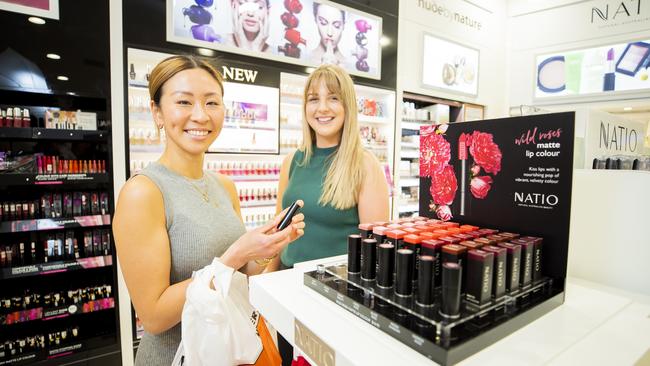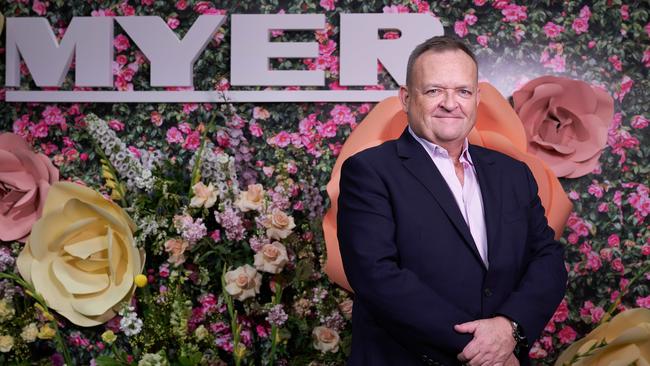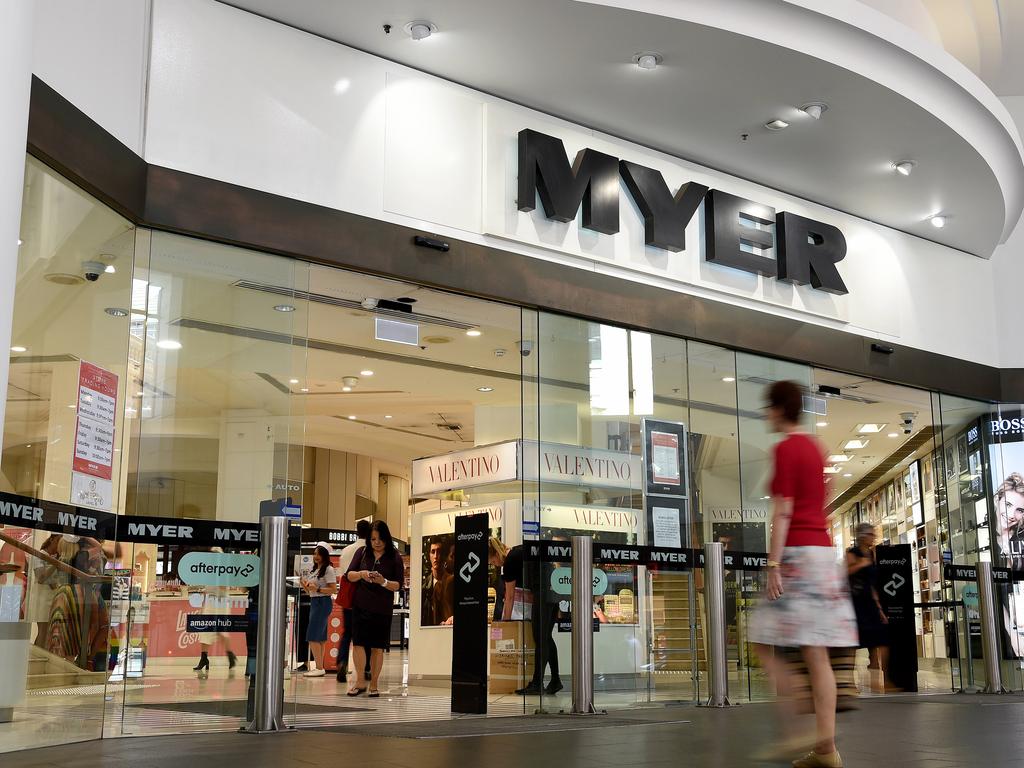Not that it went into ‘virus and lockdown 2020’ in all that great shape in the first place, of course.
Although it did get a surprise benefit from the lockdown – and from its long-time bete noire, billionaire Solomon Lew.
But first, JobKeeper.
Myer and other department stores – and basically any business operating only or mainly in Victoria and even more so in the Melbourne CBD – got well and truly wacked by first the prime minister’s national lockdown and then Victorian premier Dan Andrew’s specially, to use an ‘in’ word, ‘curated’ Lockdown 2.0.
But their pain was nothing like that of Qantas, with nearly half its business – international – shut completely all through 2020 and into 2021 still; and the other half getting smashed by both lockdowns and idiosyncratic state border closures.
Brutal as it had to be for those 8500 staff sacked, you have to say that once again Alan Joyce proved himself the master CEO, steering the airline through that extraordinary, potentially catastrophic turbulence, worth every penny he’s been paid since he got the job.
Yes, there are countless tens of thousands of unknown and unnamed medium and especially small businesses that have been just as devastated, and not even JobKeeper could save them.
The way it worked for Myer was to put $51m crucial dollars in its till and on to staff through August and September, Dan’s Lockdown 2.0 months.

This enabled Myer, as CEO John King put it Thursday, to maintain connection with its workforce. In other words, not sacking people and losing critical skills and retail memory.
In straight arithmetic, the $51m Myer got from JobKeeper kept it in the black, with net profit coming in at $43m. It also made a big contribution to enabling Myer to finish the half with net cash of $201m, about double what it had a year ago.
And no, that does not mean Myer the company was effectively pocketing the JobKeeper money.
Cash always builds up in the – peak – first half trading period (and King would have breathed a big, a huge, sigh of relief that he did get that trading season) and then the cash runs off through the winter second half.
The big shift for Myer was the surge in online trading – sales up 71 per cent to $288m and making up 21 per cent of total group sales. In-store sales fell 23 per cent.
So one slice of ‘good news’ out of 2020 was the forced ‘help’ Myer got to building its 21st century online business and profile.

The bigger bad news of course, was the accelerated decline of bricks and mortar. It lost nearly $3 of instore sales for every $1 of added online sales.
Going into ‘virus and lockdown 2020’ it was blindingly clear at least to me that Myer and David Jones had to merge and close, brutally, half their stores.
Coming out of 2020, especially if not yet out of the virus, they need to do it even more emphatically and urgently.
They need to do it in particular, so they can aggressively build a focused, looking forward, combined online strategy to maximise their strike while the online iron is red hot.
That’s one huge thing Myer (and DJ) can thank Lew – and Gerry Harvey – for: getting the GST extended to imports and especially from Amazon. Without it making them, reasonably and fairly, more online competitive, 2020 would have been really bleak.
The other is rent relief. Lew set the ball rolling with his aggressive refusal to pay rent. Myer saved $18m on rent in the half.






Like Qantas, which I discussed last week, Myer would have survived without JobKeeper. But it would have survived in a seriously weakened financial and operating condition.